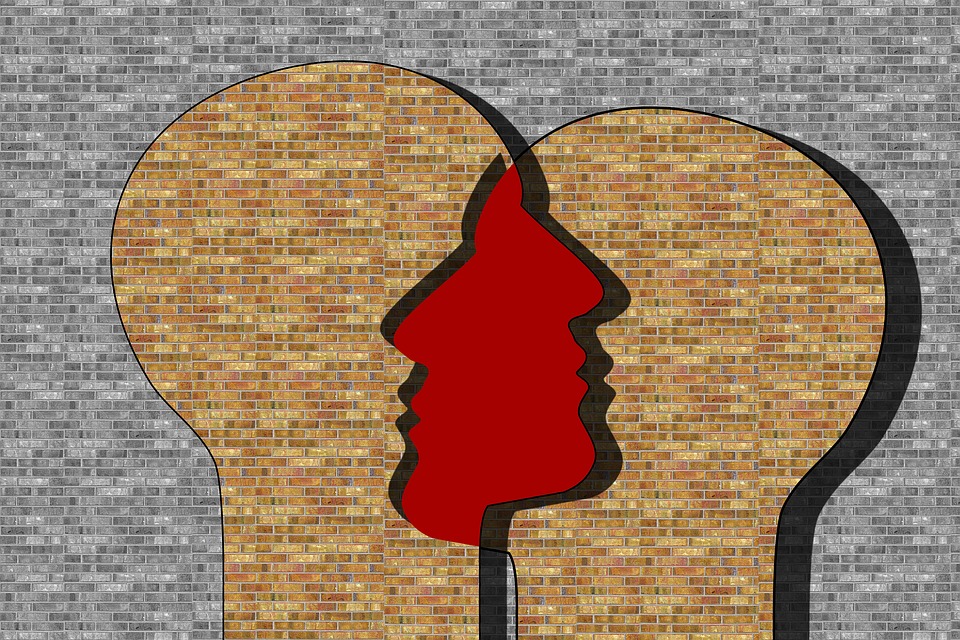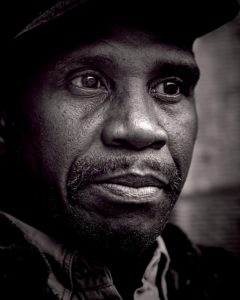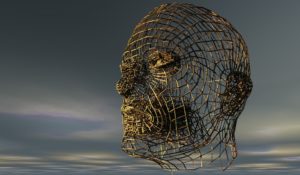
According to the National Alliance on Mental Illness, a dual diagnosis, otherwise known as a co-occurring disorder or a comorbidity, is when an addict suffers from both chemical dependency on a substance, be it alcohol, prescription medications, or lllicit drugs, as well as some form of mental illness, both disorders at the same time. It doesn’t matter which came first the mental health complications, or the chemical dependency and emotional addiction to an addictive substance, the two frustrate each other and ultimately lead to more relentless and life threatening addiction and a more severe and formidable mental health disorder.

What Does a Co-occuring Disorder or Dual Diagnosis Look Like?
Dual diagnosis, or co-occurring disorders, come in many different forms and therefore can have all kinds of different symptoms and consequences. Drugs and mental illnesses alike range from high energy to no energy – from eating too much to malnutrition and everything in between. Understanding the common forms of mental health disorders that the dual diagnosis can take can be helpful to anyone struggling with substance abuse disorder and a mental illness dual diagnosis, as deeper understanding of these disorders will widen the perspective on what could be at the heart of either of the disorders from which the patient suffers, be it mental health or substance abuse related. It also stretches a person’s knowledge so that they can understand and empathise with their new community as they get to know their fellow patients who are also struggling with drug and alcohol substance use disorder and in a staggering number also struggling with dual diagnosis of their very own.
Some Common Mental Health Disorders That Can Act As a Dual Diagnosis to Drug or Alcohol Addiction Are:
- Post Traumatic Stress Disorder, or PTSD – PTSD is a mental health disorder that usually occurs in someone who has gone through or witnessed some kind of traumatic event like a natural disaster, a violent crime, war or combat, or any serious accident. People with PTSD experience thoughts and emotions that disturb and disrupt their lives. Flashbacks, nightmares, and overwhelming fear can make the victim relive the trauma over and again.
- Major Depressive Disorder – Major Depressive Disorder is a mental health disorder characterized by low energy, a loss of interest in the things the person was previously drawn to or even passionate about, extreme weight loss or weight gain, severe insomnia, and suicidal ideation. There are several different kinds of depressive mood disorders that vary in character and develop under different circumstances.
 Generalized Anxiety Disorder, or GAD – GAD patients present with a tenacious unease and foreboding about any number of different issues in their lives. Some common worries are career related, financial in nature, family stuff, or other anxieties. Victims of GAD usually are aware of the irrationality of their anxiety on a proportional level, but due to a deep fear of being out of control, they try to proactively take control of risky or possibly worry inducing situations.
Generalized Anxiety Disorder, or GAD – GAD patients present with a tenacious unease and foreboding about any number of different issues in their lives. Some common worries are career related, financial in nature, family stuff, or other anxieties. Victims of GAD usually are aware of the irrationality of their anxiety on a proportional level, but due to a deep fear of being out of control, they try to proactively take control of risky or possibly worry inducing situations. - Bipolar Disorder – Bipolar disorder is characterized by a person who experiences shifting moods. These moods can range from manic to depressive and several steps in between. Bipolar disorder continues to be studied and psychiatrists continue to shift their understanding of the disorder as new studies come out. Currently it is believed that where it was thought that only two poles existed for victims of this illness, there is actually a spectrum. Someone can be hypomanic, which is a mood characterized by high energy, sometimes to the point of disrupting the patient’s life but rarely shown to be violent or self harming. There are some people who suffer from a kind of bipolar disorder that is mostly representative of the depressive pole. This kind of bipolar disorder is “bipolar II disorder”.
- Eating Disorders – Eating disorders are another kind of mental health disorder that is heavy with the baggage of years worth of social repugnance, judgement, and misconceptions. It is clear that social stigma plays a deep role in sustaining the illness in those suffering from eating disorders. There is a lot that someone who hasn’t known a person with the disorder or who hasn’t had an eating disorder themselves doesn’t understand about the disorder, and even people with eating disorders themselves don’t always understand that eating disorders are indeed an illness, the people suffering with the disorder are making a choice, it is not a way of life for them. Eating disorders come in many different forms resulting in people who eat to excess regularly, almost never eat, eat excessively and then purge the food by vomiting or taking laxatives. Eating disorders are more complicated than society believes. Eating Disorders are common in someone who has experienced any kind of trauma
- Depersonalization Derealization Disorder – According to the Mayo Clinic, depersonalization derealization disorder is when a person feels like they are observing themself from outside of themselves, like an out of body experience, as if they are living in a dream. They may even feel as though they aren’t real at all.

- Personality Disorder – Personality disorder is a type of mental disorder where a person has a hard time in relationships and can often result in problems in people’s careers and personal lives. There are several types of personality disorders and the different kinds of personality disorder have their own sets of symptoms, but all of them tend to have a hard time dealing with everyday stressors.
- Panic Disorder – Panic disorder is mental health disorder under the category of an anxiety disorder. The mental illness causes panic attacks which are overwhelming and sudden feelings of deep fear and loss of control. Usually there are also physical symptoms present like sped up heart rate, or a heavy weight on the chest.
- Obsessive Compulsive Disorder – Commonly called OCD, this disorder presents through a person’s reactions to their own rational or irrational thoughts and obsessive fear or paranoia. The person suffering from OCD sufferers great discomfort and from these obsessions. They haunt the person with the disorder. Unable to escape their own disturbing and often terrifying thoughts and specific anxieties, the person develops compulsive habits. These compulsions are the efforts of the person to try and ease their obsessions, to try and work against it or quiet it in some way.
Treatment for Substance Use Disorder with a Dual Diagnosis
The trickiest part of a dual diagnosis is recovery treatment. A person struggling to recover from drug or alcohol addiction who also has a dual diagnosis cannot decide to attack one of the problems and expect to come back around for the other issue. Invariably they will fail. Even if it seems like one disorder has been addressed and the person can begin to deal with the other, the abuse or mental health issues will rear their ugly head again. The two disorders bolster each other and feed one another’s survival.
It was only a few years ago, before a deeper understanding of mental health disorders and addiction from a scientific perspective became a sort of widely accepted knowledge, that doctors would often refuse to help a person suffering from both substance abuse disorder and a mental health disorder. They would throw their hands up in a perceived inability to treat mental health because they believed that the person “insisted” on continuing to drink or use. Even doctors who should have known better in terms of their expertise in human biology allowed their judgement to be clouded because of a cultural and societal mandate. One of the interesting things about this is that mental health disorders also come with a hefty stigma, so whether the doctor would have treated the hypothetical patient is questionable anyone if the physician was willing to try and avoid treating someone who was also an addict by shaming them. Luckily, these days, most doctors wouldn’t ever turn someone away due to either mental illness or addiction. But back then, doctors treated these disorders as a choice made on the addict’s part. However, society has since learned through great losses and more thorough research that both of these disorders are very much medical illnesses both of which must be treated in parallel with one another in order for the patient to recover. They must be treated simultaneously and with great individual care.
At FHE Health our qualified staff of licensed professionals support the dual diagnosis patient from detox through outpatient replace prevention aftercare. We believe that addressing each individual’s state of mental health when creating a treatment plan is vital to the success of treatment. Neuro treatment programs in Florida addiction treatment centers should offer a variety of different therapies including individual and group therapies, behavioral therapies and others. Call us now to learn more about our dual diagnosis recovery programs. We can help guide you to the best treatment for you.






